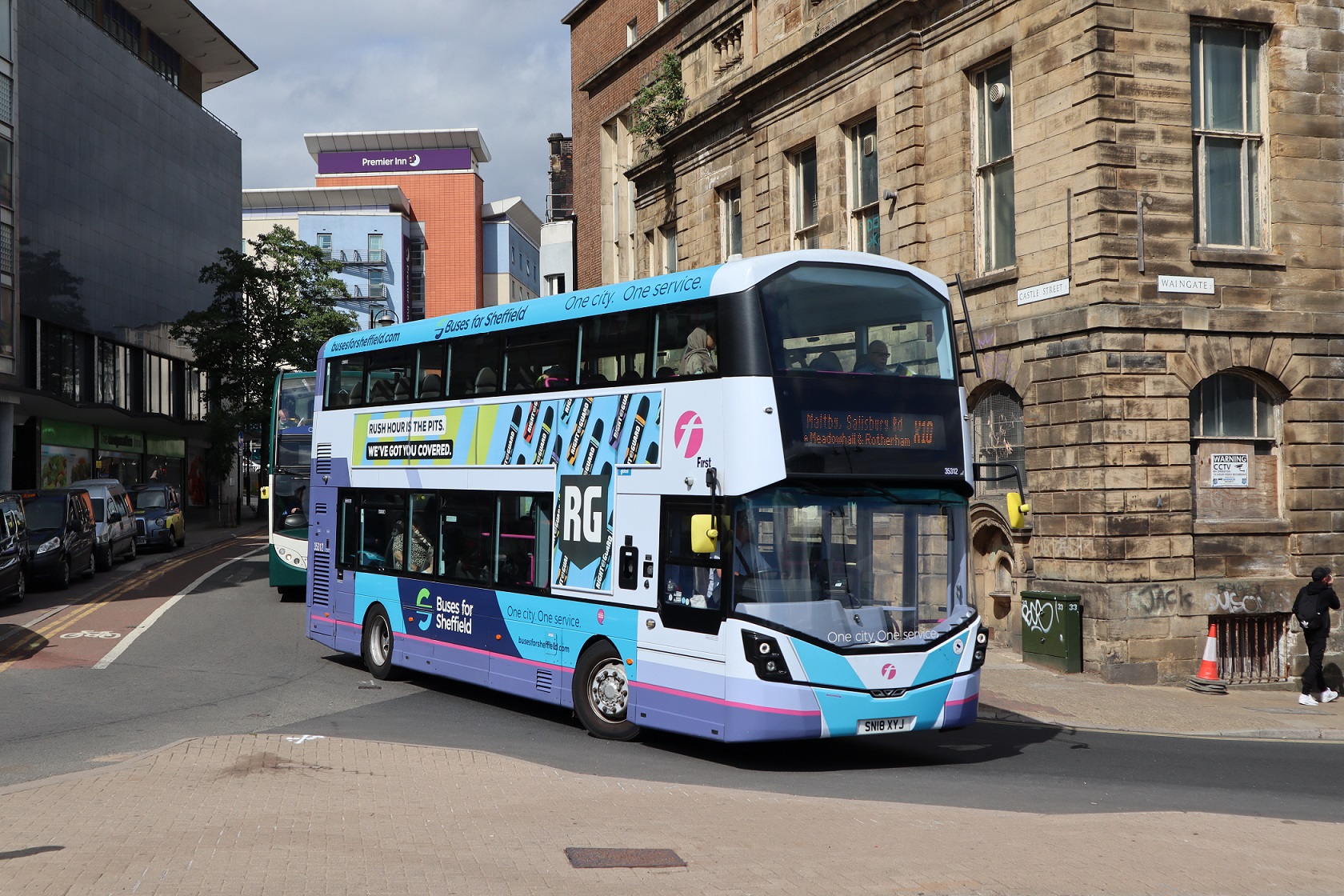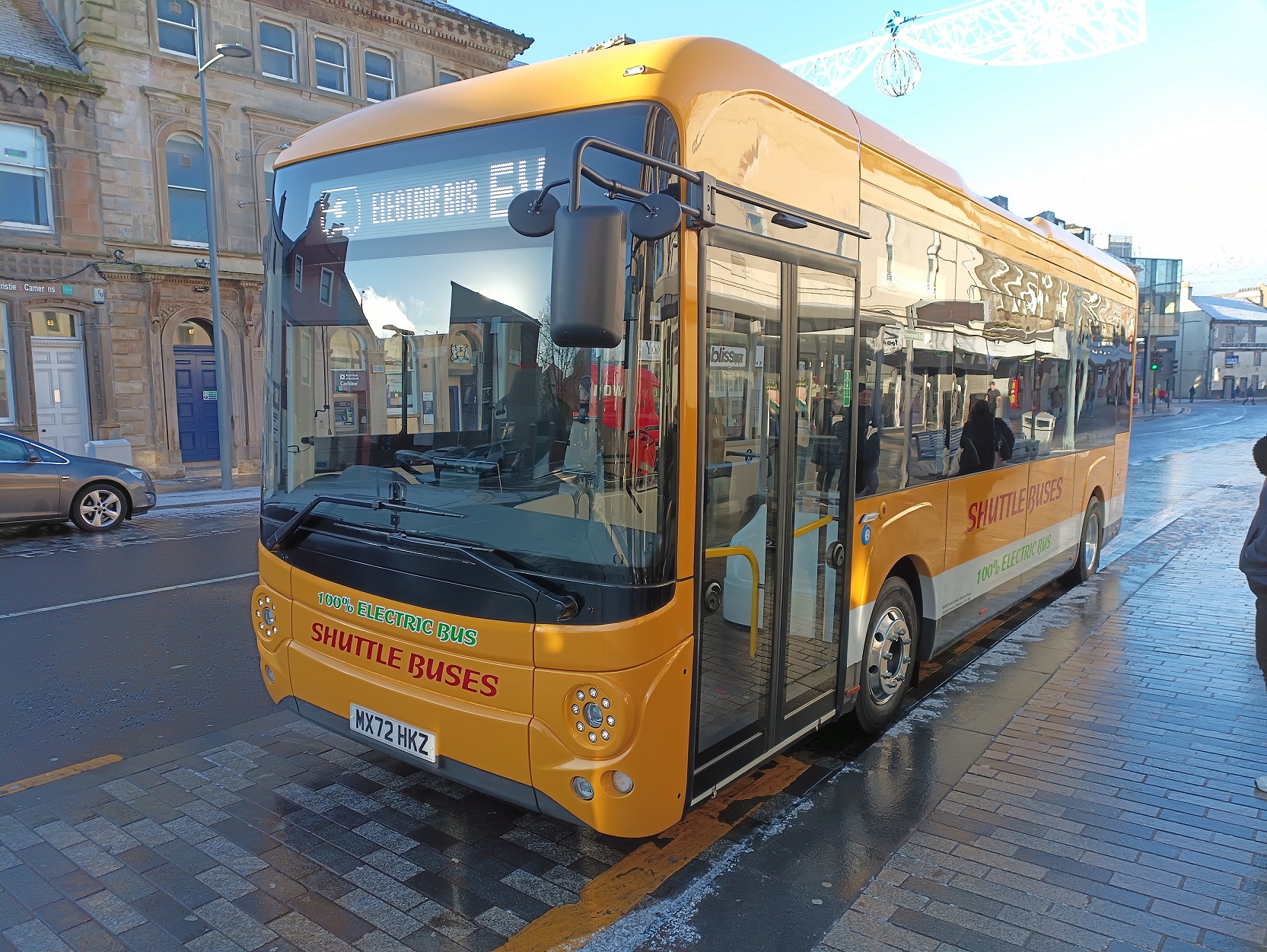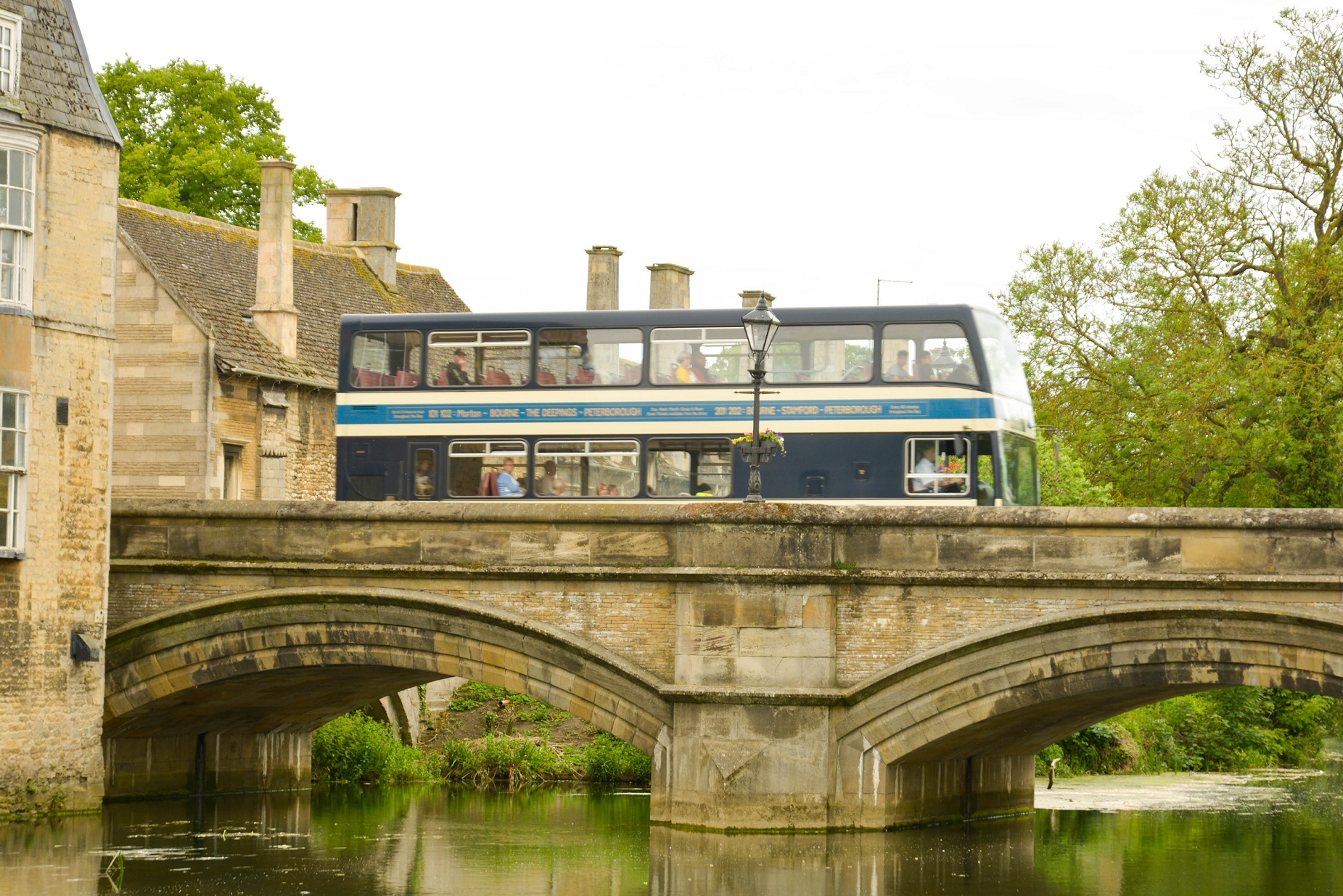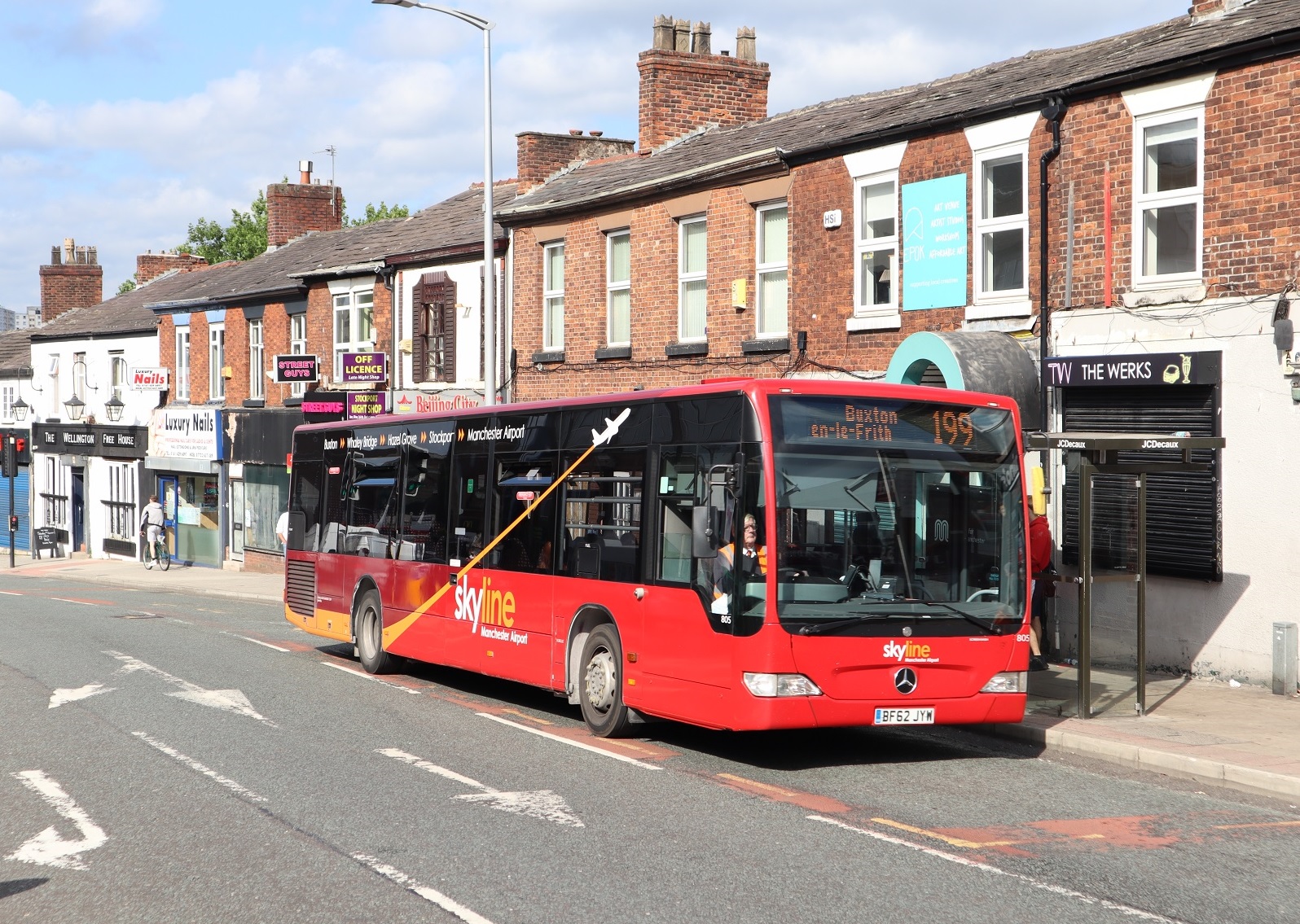The government has not matched the level of ambition it demanded of local authorities (LAs) in England in preparing Bus Service Improvement Plans (BSIPs) and ministers must now give a firm commitment to providing “significant further funding” to support National Bus Strategy (NBS) objectives, the Transport Committee has said.
That is the headline finding from the Committee’s report Implementation of the National Bus Strategy, published on 30 March. While acknowledging that the NBS still enjoys broad industry and stakeholder support, the document cautions that worry is common that the Strategy’s objectives will not be fulfilled.
Delivery of NBS fundamentals is still possible, the Committee believes. But to do so will require the government to maintain its focus on buses “rather than letting it drift away,” the report explains.
Enthusiasm for the NBS has dissipated in some areas and funding and political effort are now required to stem that. In addition, an indicative timescale should be set out for the scoping, consultation and publication of future Strategy iterations, the Committee believes.
National Bus Strategy needs more funding rapidly, says Committee
In view of the issues with the current NBS identified by the Committee, the report sets out calls on the government that it says must be heeded if the Strategy’s policy aims are to be delivered in the form promised at publication. Without further rounds of BSIP funding, “this ‘national’ Strategy will barely scratch the surface,” the Committee continues.
Members acknowledge that the circa £1 billion already allocated to some BSIP submissions “will do much good.” But they note that the sum “is simply not enough” to deliver improvements to services across England. In a veiled criticism of the BSIP funding mechanism, the Committee adds that the Department for Transport (DfT) pitted “LAs against each other for a share of an inadequate pot.”

That competitive approach has created some two-tier systems, with the Committee observing that while services in one area disappear, across “an invisible county border” provision could improve.
The ability of smaller LAs to “compete on an even playing field” with larger authorities is presented as a worry.
The report says that the government should commission and publish an independent analysis of the first tranche of BSIP funding, and take steps to improve the bidding process for any further rounds. That for the first round “has appeared slightly chaotic at times.”
BSIPs ‘still have major scope to deliver improvements’
The scope for BSIPs to foster improvements is clear, the Committee notes. It believes that the preparation of those submissions already undertaken “brought out the best” in many LAs and bus operators, but that the Plans have also demonstrated the greatly differing challenges that face services in urban and rural areas.
Enhanced Partnerships also come under the spotlight. As a mechanism for the delivery of improvements, Enhanced Partnership is “largely untested” and the government has “made a big bet” on it being the correct model. DfT “must carefully monitor how well they are working, and ensure appropriate contingencies are in place,” the report notes.
Of further concern to the Committee is the promise made in the NBS that 4,000 new zero-emission buses will be in service by the end of this Parliament. “It seems increasingly unlikely [the government] will meet its target,” the report notes wistfully.
“Obtaining funding and placing orders are slow and piecemeal processes,” the document states. “It is too difficult for UK manufacturers to invest with confidence in new types of vehicle and manufacturing hubs.” The elevated cost of zero-emission buses dissuades “many potential buyers” and the Committee wants to see the government “intervene in the process more actively.”

The report highlights the pace of deployment of zero-emission buses in Scotland that are part-funded by money from the Scottish Government.
There, operators bid centrally, “cutting out the middleman… allowing Scotland to power ahead with its bus decarbonisation plans.”
A clear and staged plan for the full transition to zero-emission buses in England should be published in tandem with a response to the consultation on ending the sale of new non-zero-emission buses, the document states.
BSOG funding overhaul must sit with National Bus Strategy
To other efforts around zero-emission buses must be tied the long-promised reform of BSOG. Such wprl will be complicated and may be controversial, “but it is necessary,” the Committee notes.
It highlights that multiple governments have promised to progress overhaul of BSOG but made little progress, with the most recent word of a start to that process having come in 2022. That aside, the Committee acknowledges the 22p per kilometre BSOG incentive for zero-emission vehicles that was introduced last year.
However, further delay in changing BSOG “risks slowing the transition to zero-emission buses,” while a new formula for the mechanism “could and should accelerate it.” In strong wording, the report says that enough time has passed for all options to be considered; “what is needed is action.”
Consultation on such reform must take place quickly, and ministers must move rapidly to introduce a new BSOG formula that incentivises the zero-emission transition.
Support for bus industry ‘must continue’
Also highlighted is how some commitments laid out in the NBS – such as a look at the ban on new municipal operators and work around socially and economically necessary sources – has not progressed. Those must be put into action, the report urges.
As a conclusion, the Committee underlines that it would be “the height of absurdity” for ministers to have spent “billions” in supporting the bus industry through the pandemic but to then allow parts of it to “wither away” beyond that.
“The government must continue to support the sector as it builds a new network fit for the post-pandemic world.”
View the Transport Committee’s report here.



























